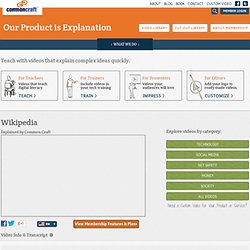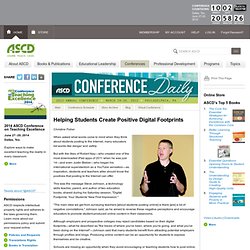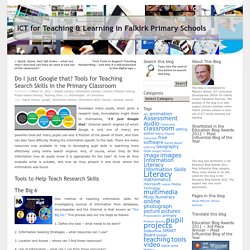

How Wikipedia Works. You've probably seen encyclopedias.

Whether you're settling an argument or researching a school project, these books can hold the answers. These days though, the world moves so fast, it's hard for books that were written months or years ago to keep up. Thankfully we have a new kind of encyclopedia that's online, free, built by thousands of people and changes every day. The idea that thousands of volunteers could create an online encyclopedia doesn't sound possible, but thanks to new technology and specific policies, Wikipedia has become one the top 5 sites on the Web. The site is run by a not-for-profit foundation with a goal to provide everyone on the planet access to the sum of all human knowledge. To see how it works, let's get started with the "wiki" in Wikipedia. Being a wiki means that Wikipedia is always changing. This means every change to Wikipedia is reviewed and must abide by two big rules: The first is verifiability, which is necessary to ensure high quality.
Copyright and Creative Commons. Julia’s dream is to make a living as a photographer.

In this dream, she takes amazing photos, people buy them, and their purchases fund her future work. But it’s not that simple. Julia wants to publish some of her photos to help spread the word, but she’s concerned because photos are easy to copy. She could lose control and not be able to make a living from her talent. So she does some research and learns that in the U.S., as with other countries, we have laws that give creators of materials like books, images, movies, artwork and music a way to own and protect their creations. And she’s surprised to find that when she creates photos, she owns the copyright to them automatically, without taking any other action.
She likes being covered by copyright law, but it limits her exposure, because her permission is required for sharing a photo. 7 Habits of Digital Citizenship. Helping Students Create Positive Digital Footprints - ASCD Annual Conference 2012. Christine Fisher When asked what words come to mind when they think about students posting to the Internet, many educators list words like danger and safety.

But with the likes of Robert Nay—who created one of the most downloaded iPad apps of 2011 when he was just 14—and even Justin Bieber—who began his international superstardom as a YouTube sensation—as inspiration, students and teachers alike should know the positives that posting to the Internet can offer. This was the message Steve Johnson, a technology skills teacher, parent, and author of two education books, shared during his Saturday session, "Digital Footprints: Your Students' New First Impression.
" A Google a Day. Blogger. Welcome to YouTube! The location filter shows you popular videos from the selected country or region on lists like Most Viewed and in search results.To change your location filter, please use the links in the footer at the bottom of the page. Click "OK" to accept this setting, or click "Cancel" to set your location filter to "Worldwide". The location filter shows you popular videos from the selected country or region on lists like Most Viewed and in search results. To change your country filter, please use the links in the footer at the bottom of the page.
Digital-ID - home. Cybersafety: A Lesson Plan Outline in Internet Safety. {*style:<b>In recognition of Internet Safety Month here in the U.S., cybersafety lesson plan ideas from guest author Mario Nguyen. </b>*} With the increasing convergence of technology and education, the benefits of using technology in the classroom often overshadow a focus on the risks that come with such melding.
Despite the overwhelming pressure educators feel to move toward technological integration, many find themselves unsure how best to help students navigate safely through the cyber world. In fact, a 2011 study conducted by the National Cyber Security Alliance found that when asked what cyber security related topics they had taught their students in the past year, 50% of teachers answered “none.” June is officially “Internet Safety Month,” and the following seven areas are the National Center for Missing and Exploited Children ’s recommended cyber safety topics to cover with children. Surfing the Internet certainly puts a vast array of knowledge at a student’s fingertips. Free Typing Tutor. Password Generator.
10 Tech Skills Every Student Should Have. Do I just Google that? Tools for Teaching Search Skills in the Primary Classroom. Nowadays many pupils, when given a research task, immediately might think to themselves, “I’ll just Google that.”

Internet search engines (of which Google is only one of many) are powerful tools but many pupils use only a fraction of the power of them, and then can also have difficulty finding the information specific to the task. There are many resources now available to help in developing pupil skills in searching more effectively using online search engines.
Web Search Strategies in Plain English. Get Your PhD in Googling - interactive tool for learning better search tips. Playlist-of-search-engines. Watch This Video Then Choose Better Search Terms. Critical thinking.